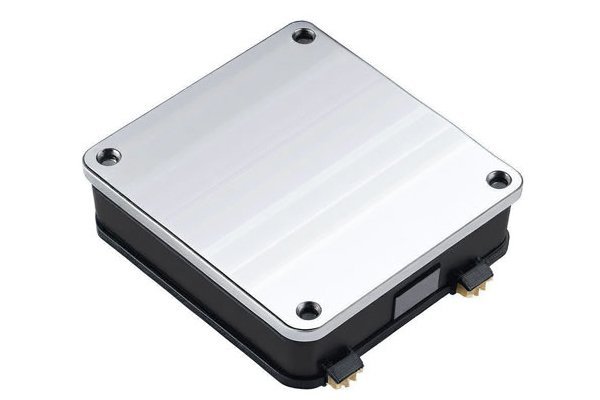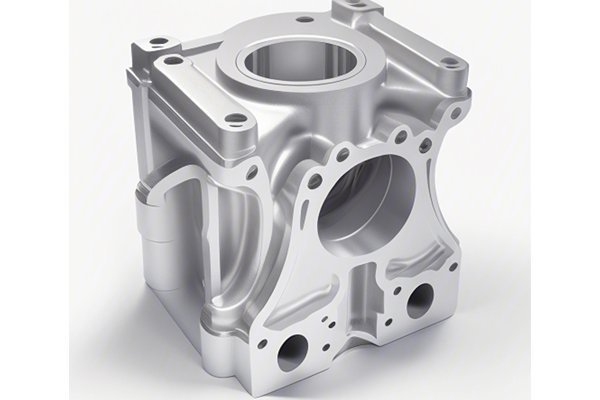Did you know that the global CNC machining market is projected to reach $100 billion by 2025? A staggering figure that highlights the increasing reliance of industries on this advanced manufacturing technique. However, despite its efficiency and precision, CNC machining is not without its challenges. Technical difficulties can arise at any stage of the machining process, leading to production delays and increased costs. What options are available for support when faced with these difficulties? In this comprehensive blog, we’ll explore the various support avenues for resolving technical issues in CNC machining, ensuring your operations run smoothly and effectively.
Understanding CNC Machining
Before diving into support options, it’s crucial to have a solid understanding of what CNC machining is. CNC stands for Computer Numerical Control, a method used to automate machine tools through computers executing pre-programmed sequences of machine control commands. This technique allows for high precision and the ability to create complex designs that would be nearly impossible to achieve manually.
However, the complexity of CNC machining means that when things go wrong, it can be a huge setback. Issues can arise due to programming errors, machine malfunctions, material selection, or even operator mistakes. Hence, having a solid support system in place is not just beneficial; it’s essential.
Common Technical Difficulties in CNC Machining
Support Options Available
One of your best options for resolving technical difficulties is to leverage the support systems put in place by the manufacturers of your CNC machines. Most manufacturers provide:
Pro Tip: Always get in touch with the manufacturer first whenever you face an issue. They understand their machines best and can provide tailored solutions.
Investing in training for your CNC operators can significantly reduce the likelihood of encountering technical difficulties. Options include:
If your organization frequently encounters complex issues, hiring a CNC consultant may be worth considering. Consultants bring expertise and can help:

Regular maintenance of your CNC machines is crucial for minimizing technical difficulties. This includes:
Sometimes the best solutions come from the experiences of others in the field. Community forums and networking provide avenues for discussing problems and troubleshooting techniques. Some options are:
With advancements in technology, many modern CNC manufacturers offer remote support capabilities. This option includes:
How to Create a Robust Support System
Creating a strong support system for CNC machining ensures that you can tackle any technical difficulties efficiently. Here are some core components for developing such a system:
As we’ve explored, facing technical difficulties in CNC machining is not merely a possibility; it’s an eventuality in an industry that requires precision and attention to detail. However, by implementing effective support options such as leveraging manufacturer assistance, investing in training, utilizing consultants, ensuring regular maintenance, engaging with community forums, and using remote support technologies, you can significantly reduce downtime and maintain productivity.
Remember, the world of CNC machining is complex, and the stakes are high. Developing a robust support system is not just a recommendation; it is essential for success in a competitive market. Addressing these technical difficulties proactively will not only save you time and resources but also ensure the high quality and precision of your output. As you continue your journey in CNC machining, keep these support options in mind—they can make all the difference in maintaining operational excellence.






